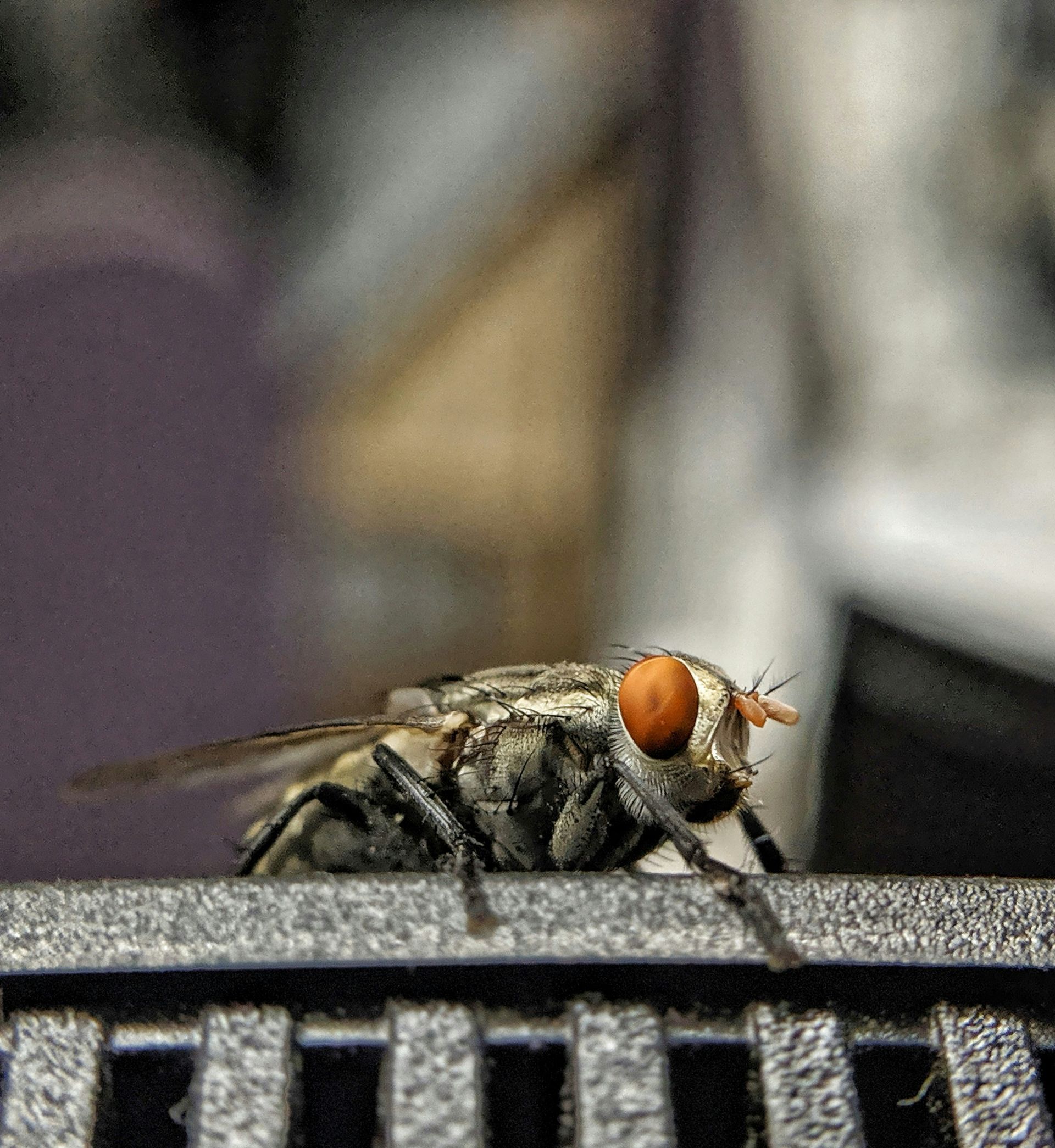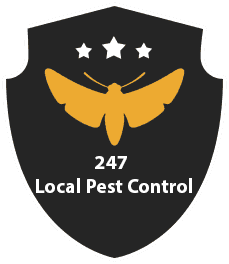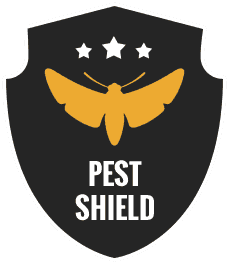Understanding the Common Types of Flies
Flies are a ubiquitous pest in both residential homes and commercial establishments, drawn to environments with ample food sources, moisture, and organic material. If you're searching for pest control for flies near me, 24/7 Local Pest Control offers reliable and effective solutions tailored to your needs. Commonly found in areas like kitchens, garbage storage areas, and spaces with stored food, flies can easily infiltrate buildings through openings like doors, windows, vents, and small crevices. Understanding the prevalence of flies in these environments is crucial for implementing effective pest management strategies.
By recognizing the specific types of flies infesting a property, homeowners and business owners can address the root cause of infestations more efficiently. This understanding also facilitates risk assessment, as certain fly species pose health hazards due to their potential for disease transmission and food contamination. With this knowledge, proactive prevention efforts can be undertaken, such as eliminating breeding sites and implementing sanitation practices to deter infestations before they become problematic.
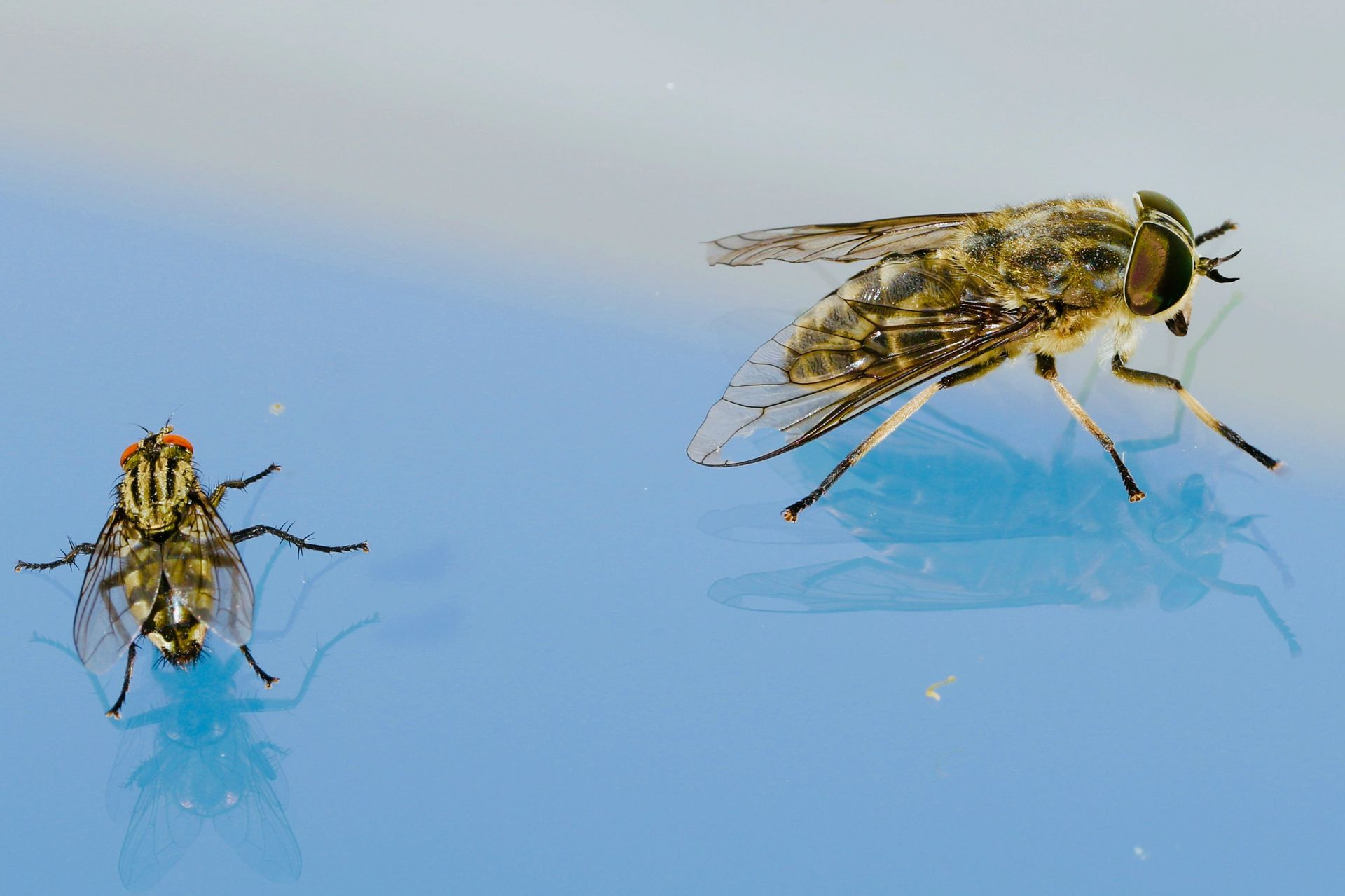
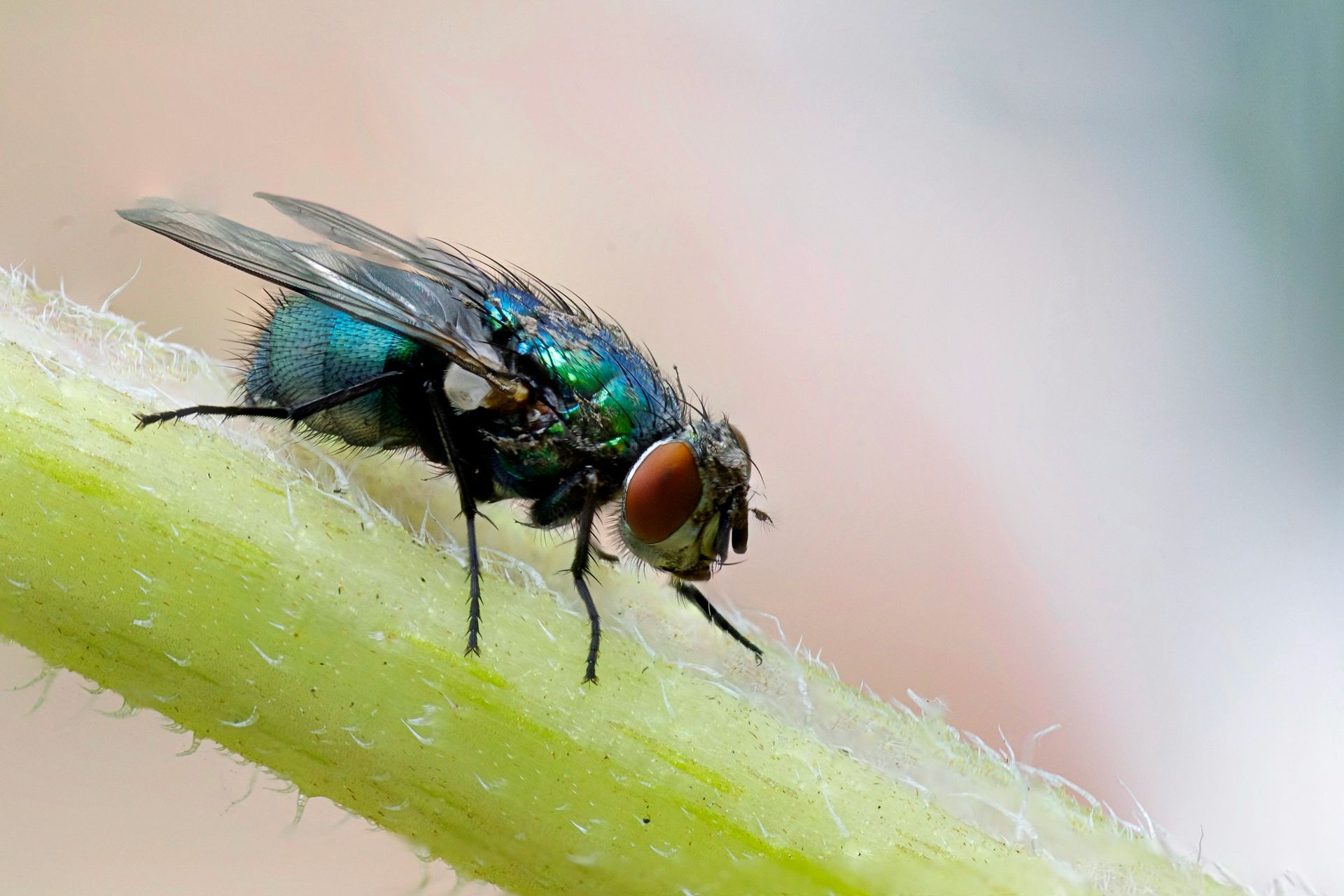
The Dangers of Flies Infestation
Highlighting the health risks associated with fly infestations underscores the importance of prompt pest control measures. Flies, known vectors of diseases, pose significant health hazards to both homes and businesses. They can spread various pathogens, including bacteria, viruses, and parasites, by contaminating surfaces and food with their saliva, feces, and body parts.
This contamination can lead to illnesses such as food poisoning, dysentery, salmonellosis, and even more severe infections like E. coli and cholera. Additionally, flies are notorious for breeding in unsanitary environments, exacerbating the risk of disease transmission. Prompt pest control is essential for preventing these health issues. By addressing fly infestations quickly and effectively, homeowners and business owners can mitigate the risk of disease transmission and ensure a safer and healthier environment for occupants and customers alike
Our Approach to Flies Pest Control
At 24/7 Local Pest Control, we take a comprehensive and environmentally friendly approach to addressing fly infestations. Our methods are tailored to each unique situation, ensuring effective results while minimizing environmental impact.
First, our expert technicians conduct a thorough inspection of the property to identify the extent of the infestation and the contributing factors. Based on this assessment, we develop a customized treatment plan that targets the root causes of the infestation.
We prioritize the use of environmentally friendly pest control methods, including natural repellents, traps, and baits, whenever possible. These methods effectively manage fly populations while minimizing harm to non-target species and the surrounding ecosystem.
With 24/7 Local Pest Control, you can trust that your fly infestation will be addressed with care, efficiency, and a commitment to environmental responsibility.
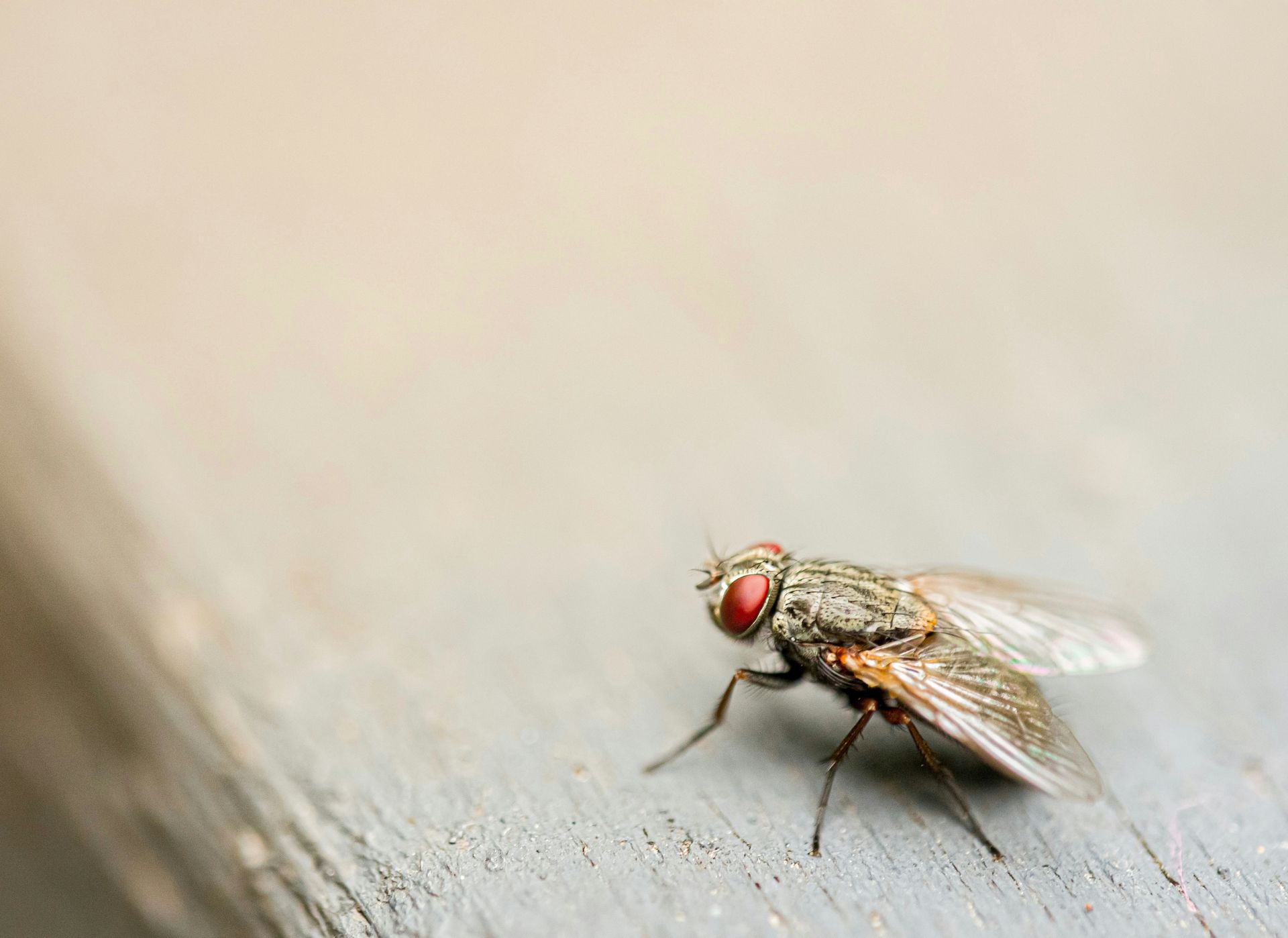
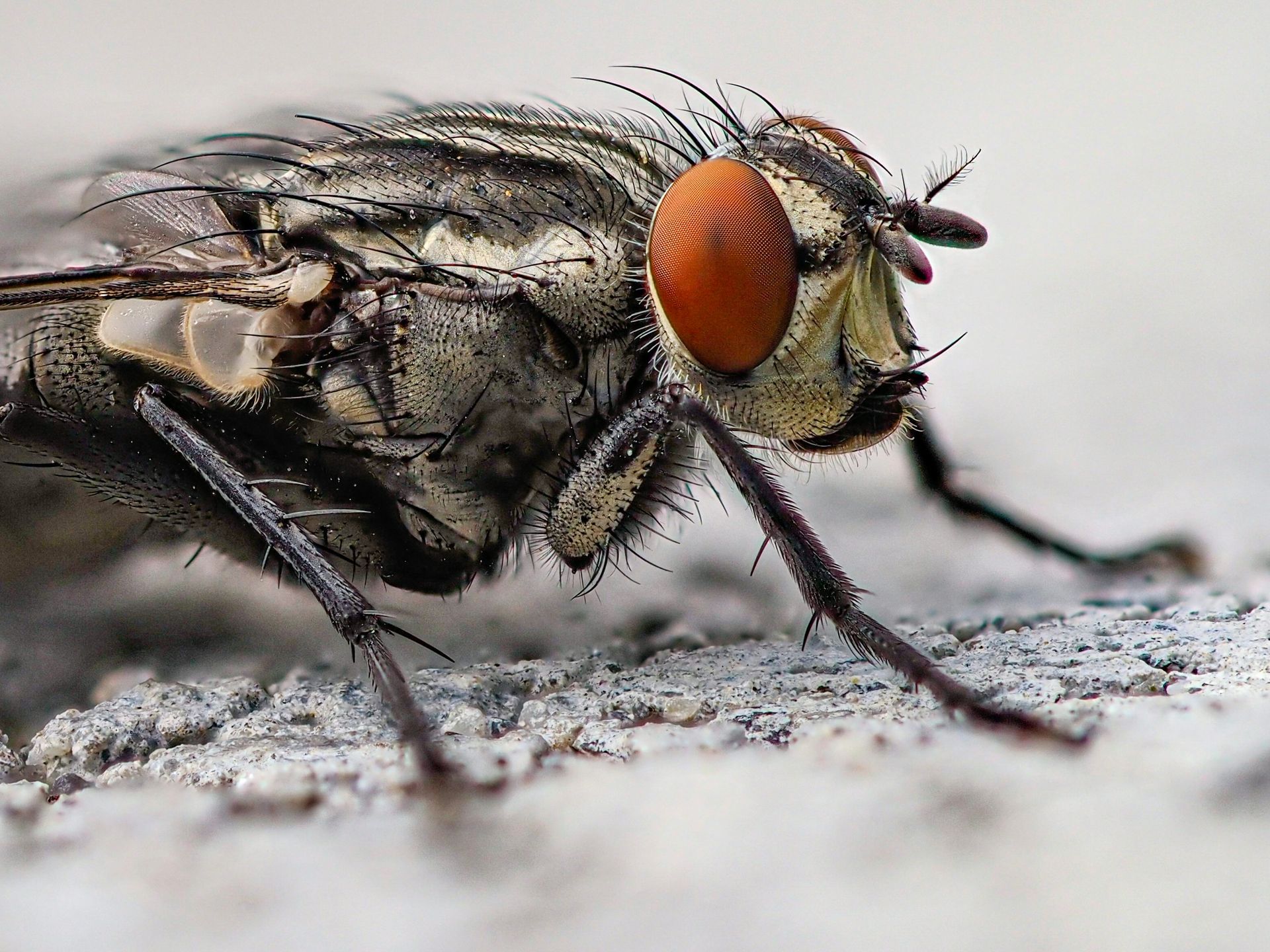
Benefits of Professional Flies Pest Control
Hiring a professional pest control service, such as 24/7 Local Pest Control, offers numerous benefits for effective fly management:
- Expert Knowledge: Professional pest control technicians have extensive training and expertise in identifying fly species, understanding their behavior, and implementing targeted control measures. Their knowledge allows for accurate assessment and effective treatment of fly infestations.
- Safe and Efficient Treatment Methods: Professional pest control companies use safe and approved methods to control flies, minimizing risks to human health and the environment. They have access to advanced tools, equipment, and products that are not available to the general public, ensuring efficient and thorough treatment.
- Tailored Solutions: Professional pest control services provide customized solutions tailored to the specific needs of each property. They conduct thorough inspections to identify the root causes of fly infestations and develop treatment plans that address the underlying issues, rather than just treating the symptoms.
- Long-Term Prevention: Professional pest control companies focus on long-term prevention strategies to minimize the risk of future infestations. They provide recommendations for structural repairs, sanitation improvements, and other preventive measures to address conducive conditions and deter flies from returning.
- Save Time and Effort: Hiring a professional pest control service saves homeowners and businesses time and effort by outsourcing the task of fly management to trained professionals. This allows property owners to focus on other priorities while ensuring effective pest control.
- Peace of Mind: Professional pest control services offer peace of mind knowing that fly infestations are being addressed by experts. Property owners can trust that their pest control needs are being handled effectively and efficiently, with guaranteed results.
Overall, professional flies pest control services provide a comprehensive approach to managing fly infestations, with the expertise, resources, and tools necessary to achieve long-term success.
Prevention Tips
Preventing fly infestations requires a proactive approach that focuses on eliminating attractants and blocking access points. Here are some effective prevention tips for homeowners and businesses:
1. Maintain Cleanliness: Regularly clean and sanitize areas where flies are likely to breed, such as kitchen counters, garbage bins, and pet feeding areas. Remove food crumbs, spills, and organic matter promptly to eliminate food sources.
2. Dispose of Garbage Properly: Keep garbage bins tightly sealed and empty them regularly to prevent flies from accessing food waste. Consider using sealed bins with lids and liners to contain odors.
3. Seal Entry Points: Inspect doors, windows, vents, and screens for gaps, cracks, and openings that flies could use to enter the property. Seal any openings with caulk or weather stripping to prevent access.
4. Install Screens: Use window screens and door sweeps to prevent flies from entering the property while allowing for ventilation. Ensure that screens are intact and free of tears or holes.
5. Limit Moisture: Reduce moisture levels in and around the property by fixing leaks, repairing plumbing issues, and ensuring proper drainage. Flies are attracted to damp environments, so reducing moisture can deter infestations.
6. Remove Breeding Sites: Identify and eliminate potential breeding sites, such as standing water, rotting organic matter, and decaying vegetation. Clean gutters regularly, fix leaks, and remove yard debris to reduce fly breeding opportunities.
7. Use Fly Traps and Baits: Place fly traps and baits in areas where flies are commonly found, such as near garbage bins, food storage areas, and entry points. These devices can help reduce fly populations without the use of chemicals.
8. Regular Inspections: Conduct regular inspections of the property to identify any signs of fly activity or conducive conditions. Address issues promptly to prevent infestations from becoming established.
By implementing these prevention tips, homeowners and businesses can reduce the risk of fly infestations and maintain a clean and sanitary environment for occupants and customers. If you're looking for local pest control for flies, our tailored solutions ensure long-term success. For professional pest control for flies near me, our expert team is here to help.
